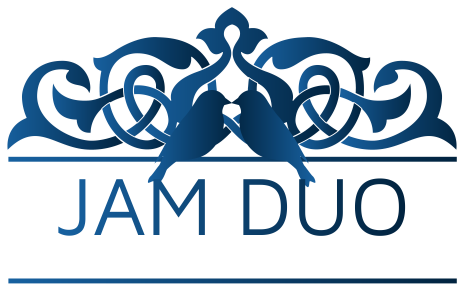The influence of music on weddings has undergone significant transformations in the twenty-first century, reshaping the way couples celebrate their special day. One of the most notable changes has been the continued importance placed on live music, a tradition that has evolved over the past century.
In the early to mid-twentieth century, live music was a central element of weddings. Couples would hire orchestras or small ensembles to provide a sophisticated and elegant atmosphere. Big band sounds and classic melodies were the order of the day, reflecting the musical tastes of the time. However, as technology advanced, recorded music became more accessible and affordable, leading to a shift away from live performances.
The latter part of the twentieth century witnessed a surge in the popularity of DJs at weddings. The versatility of recorded music allowed for a wide range of genres and personalized playlists, providing couples with more control over the soundtrack of their big day. DJs also offered the convenience of seamlessly transitioning between songs and accommodating diverse musical preferences.
As we entered the twenty-first century, there has been a noticeable resurgence of live music at weddings. Couples increasingly recognize the unique charm and emotional impact that live performances bring to the celebration. Live bands, solo artists, and acoustic ensembles have become sought-after choices for weddings, adding a personalized and intimate touch to the musical experience.
Several factors contribute to this shift towards live music. Firstly, couples today often prioritize creating a memorable and distinctive wedding experience. Live musicians can tailor their performances to match the couple’s taste and style, making the event more unique and reflective of their personalities. Additionally, the desire for a more authentic and emotional connection has led to the resurgence of live performances, as the energy and spontaneity of a live musician enhance the overall atmosphere.
Despite the return to live music, certain traditions from the past persist in the wedding industry. Classical music, for example, continues to be a popular choice for ceremonies, providing an elegant and timeless backdrop. Traditional wedding marches, such as Wagner’s “Bridal Chorus” and Mendelssohn’s “Wedding March,” remain iconic choices for walking down the aisle.
On the other hand, the twenty-first century has witnessed a surge in couples opting for non-traditional and unconventional musical choices. From indie folk bands to jazz quartets, couples are exploring a wide array of genres to curate a playlist that truly represents their relationship. Personalization is key, with some couples even choosing songs that hold special meaning in their journey together.
Technological advancements have also played a role in reshaping the wedding music landscape. Couples can now easily collaborate with musicians, create digital playlists, and even live-stream performances for remote guests. Social media platforms enable the sharing of musical moments, allowing couples to relive and share their unique wedding soundtrack with a global audience.
In conclusion, the influence of music on the wedding industry in the twenty-first century reflects a blend of tradition and innovation. The return to live music symbolizes a desire for authenticity and emotional resonance, while the exploration of diverse musical genres reflects the evolving tastes and preferences of modern couples. As weddings continue to evolve, music remains a powerful and integral element, contributing to the creation of unforgettable moments for couples and their guests.



